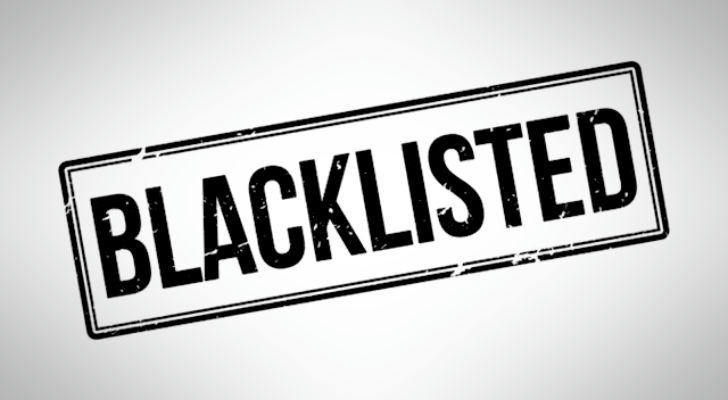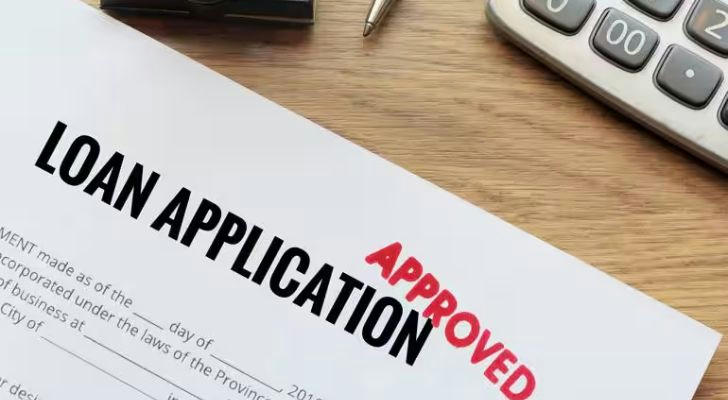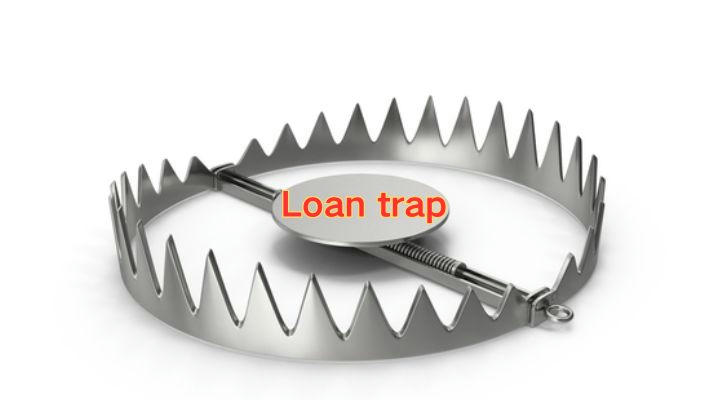Blacklisted and Broke? How to Still Get Loans When You're Buried in Debt
Being blacklisted for debt feels like financial exile – banks slam doors, family avoids money talks, and payday lenders circle like vultures. But here's the raw truth: Over 9 million Americans and 12 million Europeans access loans annually despite blacklisted status. This survival guide reveals legal loopholes and redemption strategies that actually work.

Why Blacklisting Happens (and What It Really Means)
The 5 Main Blacklist Triggers
- Bankruptcy filings (Chapter 7/13 in U.S., IVA in UK)
- Multiple defaults (90+ days late on 3+ accounts)
- Court judgments (CCJs in UK, garnishments in U.S.)
- Debt collection lawsuits
- Fraud flags (suspected identity theft)
Shocking reality: 43% of blacklisted consumers have errors on their credit reports (FTC 2023 study). Disputing inaccuracies could partially restore access.
4 Loan Paths When Traditional Lenders Say "No"
1. Secured Loans: Collateral Is King
- How it works: Pledge assets (car, jewelry, electronics) for cash
- Best options:
- Credit union savings-secured loans (5-12% APR)
- Pawn shop loans (negotiate below 25% monthly interest)
- Title loans only if repayment is 100% guaranteed
Pro tip: Use collateral you can afford to lose – never your primary vehicle/home.
2. Community-Based Lending
- Religious organizations: Many churches offer 0% interest emergency loans
- Nonprofit programs: Modest Needs Foundation (U.S.), Turn2Us (UK)
- Employer advances: 72% of Fortune 500 companies provide hardship loans
3. Digital Workarounds
- Gig economy advances:
- Uber Instant Pay (cash out earnings immediately)
- Upwork's "Project Catalog" upfront payments
- Cryptocurrency pawn: Sites like PawnFi accept crypto as collateral
- P2P apps: Solo funds (U.S.), Funding Circle (UK)
4. Government Safety Nets (Hidden Options)
- U.S.: HUD's Emergency Home Loans (no credit check for disaster victims)
- EU: Social Welfare Loans (Germany's Sozialhilfe Darlehen)
- UK: Budgeting Loans for benefit recipients

The 3 Deadliest Traps to Avoid
**"Debt Consolidation" Scams**
- Red flag: "Guaranteed approval" without income verification
- Safer alternative: Credit counseling via NFCC.org
Loan Sharks
- Warning sign: Cash loans without paperwork
- Survival hack: Record all interactions as legal evidence
Identity Lease Schemes
- Criminal risk: "Rent" your identity to others for loan applications
- Legal alternative: Become an authorized user on trusted accounts

Rebuilding From Rock Bottom: A 180-Day Plan
Phase 1: Damage Control (Days 1-30)
- Dispute errors on all 3 credit bureaus via certified mail
- Freeze reports to block new derogatory marks
- Prioritize debts using avalanche method (highest interest first)
Phase 2: New Foundations (Days 31-90)
- Open secured credit card with $200 deposit
- Enroll in Experian Boost to count utility payments
- Start micro-saving ($5/day → $450 emergency fund)
Phase 3: Relaunch (Days 91-180)
- Apply for credit-builder loan (Self, Kikoff)
- Negotiate pay-for-delete with 1 collection agency
- Seek co-signer for small personal loan
Expected outcome: 50-100 point credit score improvement.

Nuclear Options: When All Else Fails
1. Debt Relief Programs
- Debt management plans (DMPs):
- Reduces interest to 0-10%
- Fees: $30-$50/month
- Requirement: Cancel all credit cards
2. Bankruptcy Reboot
- Chapter 7: Eliminates most unsecured debt in 4 months
- Chapter 13: 3-5 year repayment plan with court protection
- EU alternatives: Debt Relief Orders (UK), Schuldenregulierungsverfahren (Germany)
Hope stat: 61% regain 650+ FICO scores within 2 years post-bankruptcy.
3. Asset Liquidation
- Sell unused items: Facebook Marketplace, eBay
- Rent spare rooms: Airbnb, Spareroom
- Monetize skills: Fiverr, TaskRabbit
The Light at Tunnel's End
Blacklisting isn't life imprisonment – it's a brutal financial wake-up call. By combining emergency loan hacks with disciplined rebuilding, you can escape debt purgatory. Remember: Banks care about future money, not past mistakes.
Need help? Contact National Foundation for Credit Counseling (U.S.) or Citizens Advice (UK).
